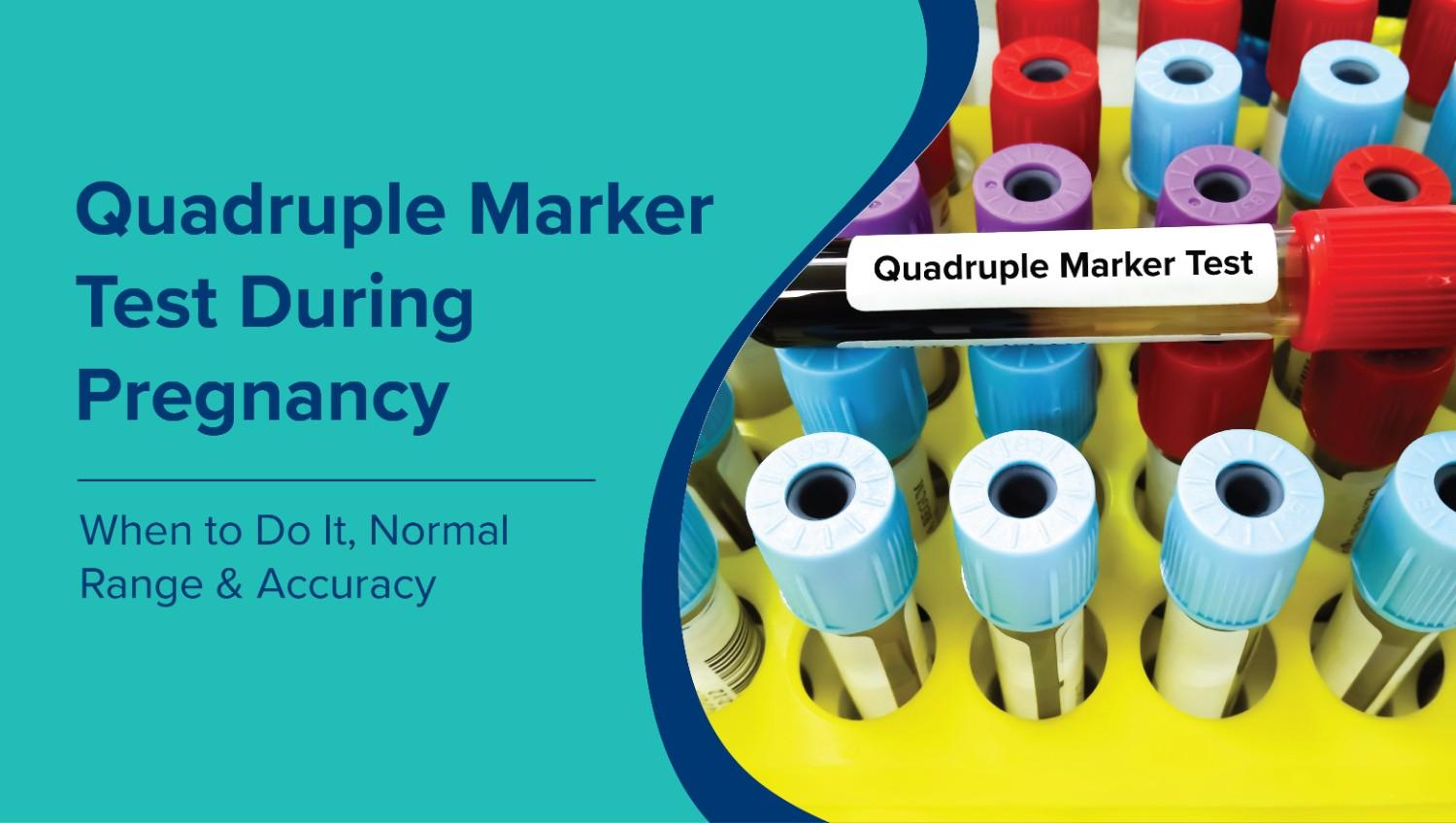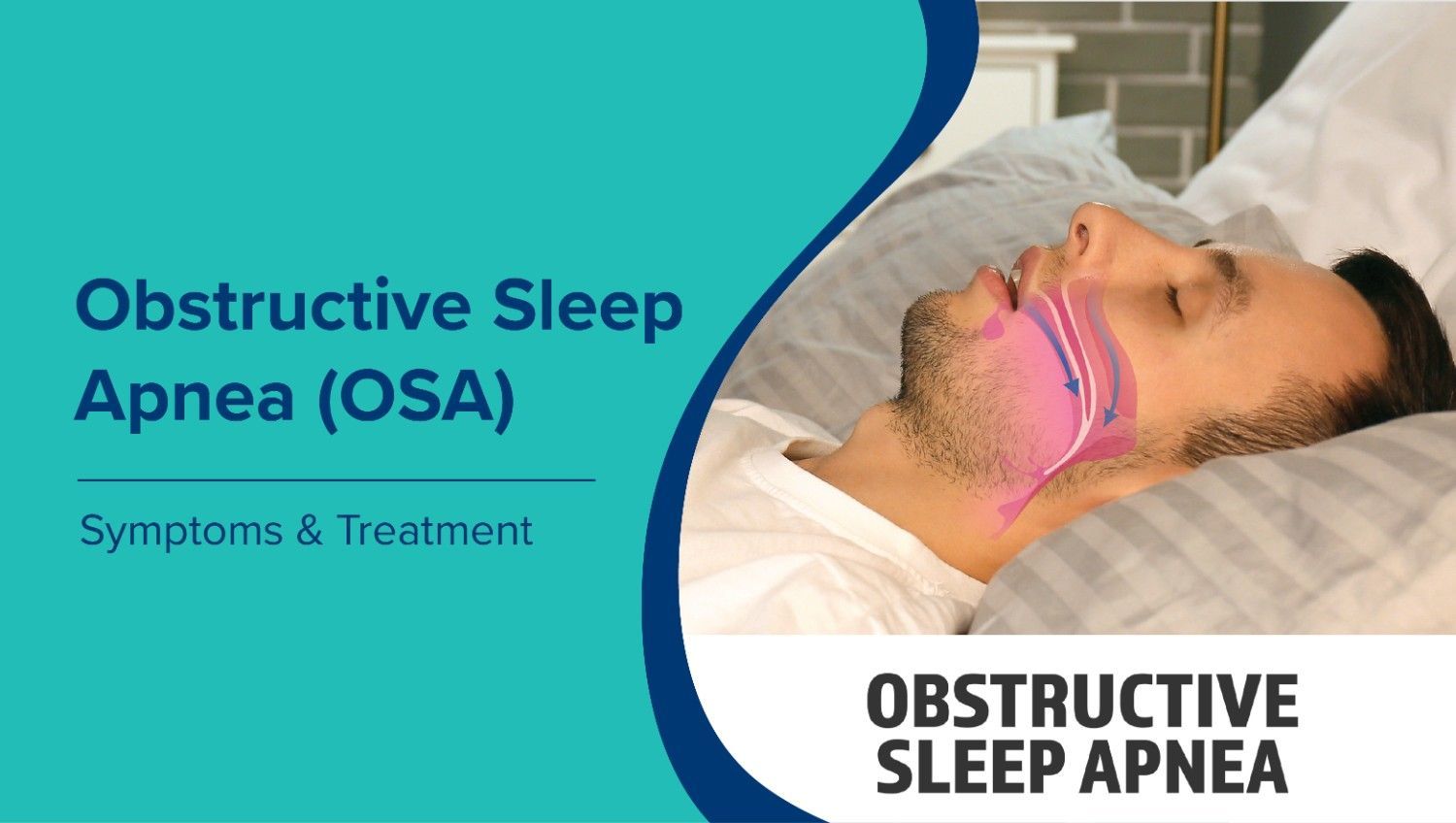Malaria continues to be a major health concern in India, especially during and after the monsoon season when mosquito breeding is at its peak. With rising cases in both urban and rural areas, early detection plays a vital role in treatment and recovery, which brings us to the MP test - one of the most widely used tools for malaria diagnosis. The MP test, or malarial parasite test, helps identify the presence of Plasmodium parasites in the blood, paving the way for treatment and recovery. Today, convenient options such as malaria tests at home have made diagnosis quicker and safer, allowing individuals to get tested without visiting a lab or hospital.
What is Malaria and How Does it Spread?
Malaria is a potentially serious illness caused by Plasmodium parasites that enter the human body through the bite of an infected female Anopheles mosquito. Once inside the body, the parasites travel to the liver, multiply, and then enter the bloodstream, where they infect red blood cells and cause symptoms.
In India, malaria is more common during the rainy season, but due to changing weather patterns and stagnant water sources, cases can occur throughout the year. The infection can range from mild to severe and, if left untreated, may lead to serious complications, including organ failure and death.
Symptoms of Malaria
Malaria symptoms usually begin within 10 to 15 days after a mosquito bite, though they can vary depending on the type of Plasmodium parasite involved. In some cases, symptoms may be delayed due to partial immunity or use of preventive medication.
Common Symptoms of Malaria
- High fever with chills and shivering
- Sweating, headache, and muscle aches
- Fatigue and general weakness
- Nausea, vomiting, or diarrhoea
- Abdominal pain and low appetite
If you notice these signs, it’s important to book a malaria blood test promptly.
Malaria Types and Their Symptoms
- Plasmodium falciparum: May cause severe illness with continuous fever, confusion, anaemia, or organ involvement
- Plasmodium vivax and ovale: Often present with recurring (relapsing) fever every 48 hours
- Plasmodium malariae: Can cause mild but long-lasting infections
- Plasmodium knowlesi: Fast-progressing and may mimic falciparum malaria
Malaria Blood Test Methods: MP Test, Antigen Test, and Other Diagnostic
Accurate diagnosis is essential for managing malaria effectively, as its symptoms can resemble other viral or bacterial infections. Several blood tests are available to confirm the presence of malaria and identify the specific Plasmodium species involved.
Common Tests for Diagnosing Malaria
- MP Test (Malarial Parasite Test): Also known as a peripheral blood smear, this test involves examining a stained blood sample under a microscope to detect malaria parasites directly. It remains the gold standard for diagnosing malaria and determining the species type.
- Malaria Antigen Test (Rapid Diagnostic Test): This test detects specific antigens released by malaria parasites in the blood. It provides faster results and is useful when microscopy is not available.
- PCR (Polymerase Chain Reaction): A more advanced test that identifies parasite DNA in the blood. It is mainly used in complex cases or research settings due to higher costs and longer turnaround times.
MP Test Procedure: How the Malarial Parasite Test is Done
A small blood sample is collected, usually through a finger prick or venous draw. The sample is prepared on a slide and stained for microscopic examination. Depending on the test type, results can be available within a few hours (RDT) or may take up to 24–48 hours (microscopy or PCR). MP test not only confirms the diagnosis but also guide treatment by identifying the specific malaria species.
Understanding the Malaria Test Report
A malaria test report helps determine whether the Plasmodium parasite is present in the blood and, if so, identifies the species responsible. Accurate interpretation of the report is crucial for deciding the course of treatment.
Key Points to Understand
- Positive MP Test: Indicates active infection. The report may specify the Plasmodium species detected, such as falciparum or vivax, which directly influences treatment.
- Negative MP Test: Suggests no parasites were found in the sample. However, if symptoms persist, a repeat test or a different diagnostic method like PCR may be recommended.
- Rapid Test Results: A positive malaria antigen test also confirms infection, but may not always identify the species. It’s often followed by microscopy for confirmation.
Doctors review both the test result and symptoms to ensure accurate diagnosis, especially in areas where multiple infections are possible.
How to Prepare for a Malaria Test At-Home?
Preparing for a malaria test at home is similar to any lab test. A few basic steps can help ensure the most accurate results and a smooth testing experience. Here’s what to keep in mind:
- No fasting is required: Malaria tests can be done at any time of the day, and there’s no need to avoid food or drink beforehand.
- Inform the healthcare provider about medications: Some medicines may interfere with test results, especially if antimalarial drugs have already been started.
- Schedule the test during active symptoms: Testing when the fever is present improves the chances of detecting the parasite.
- Stay hydrated and rested: If symptoms like weakness or dehydration are present, resting before the test is advised, especially for at-home sample collection.
Malaria Treatment Guidelines
Malaria treatment is guided by the type of Plasmodium parasite involved, the severity of the infection, and the patient’s overall health. Timely treatment not only shortens illness but also prevents complications. Standard treatment options include:
- Plasmodium vivax and ovale: Treated with chloroquine (where effective) followed by primaquine to prevent relapses.
- Plasmodium falciparum: Usually treated with artemisinin-based combination therapies (ACTs), such as artemether-lumefantrine.
- Mixed infections or drug-resistant cases: Require specific antimalarial combinations as per updated medical guidelines.
Important Considerations
- Always complete the full course of medication, even if symptoms improve early.
- Treatment may differ for pregnant women, children, or those with other medical conditions.
- Hospitalisation is sometimes needed for severe or complicated malaria.
Malaria treatment must be based on proper diagnosis, and self-medication should be avoided to reduce the risk of resistance or incomplete recovery.
When to Seek Medical Help?
While malaria can often be treated at home with prescribed medications, certain warning signs should never be ignored. Early medical attention is critical in preventing complications, especially in vulnerable individuals.
Seek medical care if you experience:
- High fever that lasts more than 2–3 days despite medication
- Severe chills, profuse sweating, or body aches that worsen
- Confusion, dizziness, or seizures
- Difficulty breathing or persistent vomiting
- Signs of dehydration such as dry mouth, low urine output, or extreme weakness
- Recent travel to a malaria-endemic area with ongoing symptoms
If your malaria blood test confirms an infection, stay calm but act promptly. Contact a qualified healthcare provider immediately to start the right treatment and ensure a smooth recovery.
Benefits of Booking a Malaria Test at Home with MaxAtHome
MaxAtHome offers a safe and convenient way to get tested for malaria without stepping out of the house. Whether it’s the MP test or a rapid malaria antigen test, all services are handled with professional care and precision.
Here’s an overview of what MaxAtHome provides:
- At-home sample collection by trained phlebotomists
- NABL-accredited labs for accurate malaria diagnosis
- Support for both MP test and antigen-based tests
- Digital access to test reports via WhatsApp, email, or website
- Timely and affordable service with transparent pricing
MaxAtHome is committed to making healthcare accessible, especially during times of illness, by bringing essential diagnostics directly to your doorstep. To book a malaria test at home, call 09240299624 or schedule the test online through our easy-to-use booking platform.
Malarial Parasite Test Price
The cost of a malarial parasite test can vary depending on the type of test and where it is conducted. Factors such as location, testing method, and home collection services can influence the final price.
Factors that affect the test cost include:
- Type of test: MP (peripheral smear) tests are typically less expensive than PCR-based diagnostics
- Diagnostic method: Manual microscopy vs rapid antigen testing
- City or region: Prices may vary slightly between metro cities and smaller towns
- Home sample collection: An additional charge may apply for doorstep services
- Offers and packages: Discounts may be available during seasonal health check-up campaigns
Despite these variations, MaxAtHome ensures that all malaria tests remain affordable, transparent, and free from hidden charges, with the added benefit of certified home collection.
Frequently Asked Questions
What is the malaria test called and when is it recommended?
The malaria test is commonly referred to as the MP test or malarial parasite test. It is recommended for individuals experiencing symptoms such as fever with chills, fatigue, or body aches, especially after visiting or living in mosquito-prone areas.
What are the different types of malaria tests available?
Common tests include the MP test (microscopic smear), malaria antigen test (rapid test), PCR test, and serology-based methods. The MP test is ideal for species identification, while the rapid test offers quicker results.
How accurate is the malaria blood test?
When performed correctly, malaria blood tests, especially the peripheral smear and PCR tests, are highly accurate. Rapid tests are also reliable for early detection but may require confirmation through microscopy in some cases.
What are the symptoms of malaria fever?
Typical symptoms of malaria fever include high-grade fever, chills, sweating, headache, muscle pain, nausea, and general fatigue. Severe cases may involve confusion, low blood pressure, or organ complications.
What causes malaria and how can it be prevented?
Malaria is caused by Plasmodium parasites, and spread to humans through bites from infected female Anopheles mosquitoes. It can be prevented by using mosquito nets, repellents, wearing protective clothing, and eliminating stagnant water sources.
How is malaria diagnosed in a lab setting?
Malaria diagnosis is confirmed by detecting Plasmodium parasites or antigens in the blood. This can be done through microscopic analysis (MP test), rapid antigen tests, or PCR methods, depending on test availability and symptom duration.
What is the cost of a malaria test at home?
The malaria test price varies by location, type of test, and whether home collection is included. MaxAtHome offers affordable and transparent pricing with doorstep sample collection and NABL-accredited lab reports.
What are the malaria treatment guidelines in India?
Malaria treatment in India follows species-specific protocols using antimalarial medications such as chloroquine, ACTs, or primaquine. Completing the full treatment course is essential for effective recovery and to prevent relapse.
Are rapid tests enough for diagnosing malaria?
Malaria rapid tests are helpful for quick diagnosis, especially in areas without lab access. However, they may not identify the exact Plasmodium species, so they’re often supplemented with microscopy or other confirmatory tests.
What are the types of malaria and their symptoms?
Malaria is caused by different species of Plasmodium: falciparum, vivax, ovale, malariae, and knowlesi. While falciparum can cause severe illness, vivax is known for relapsing fever. Symptoms may vary in intensity depending on the type.















